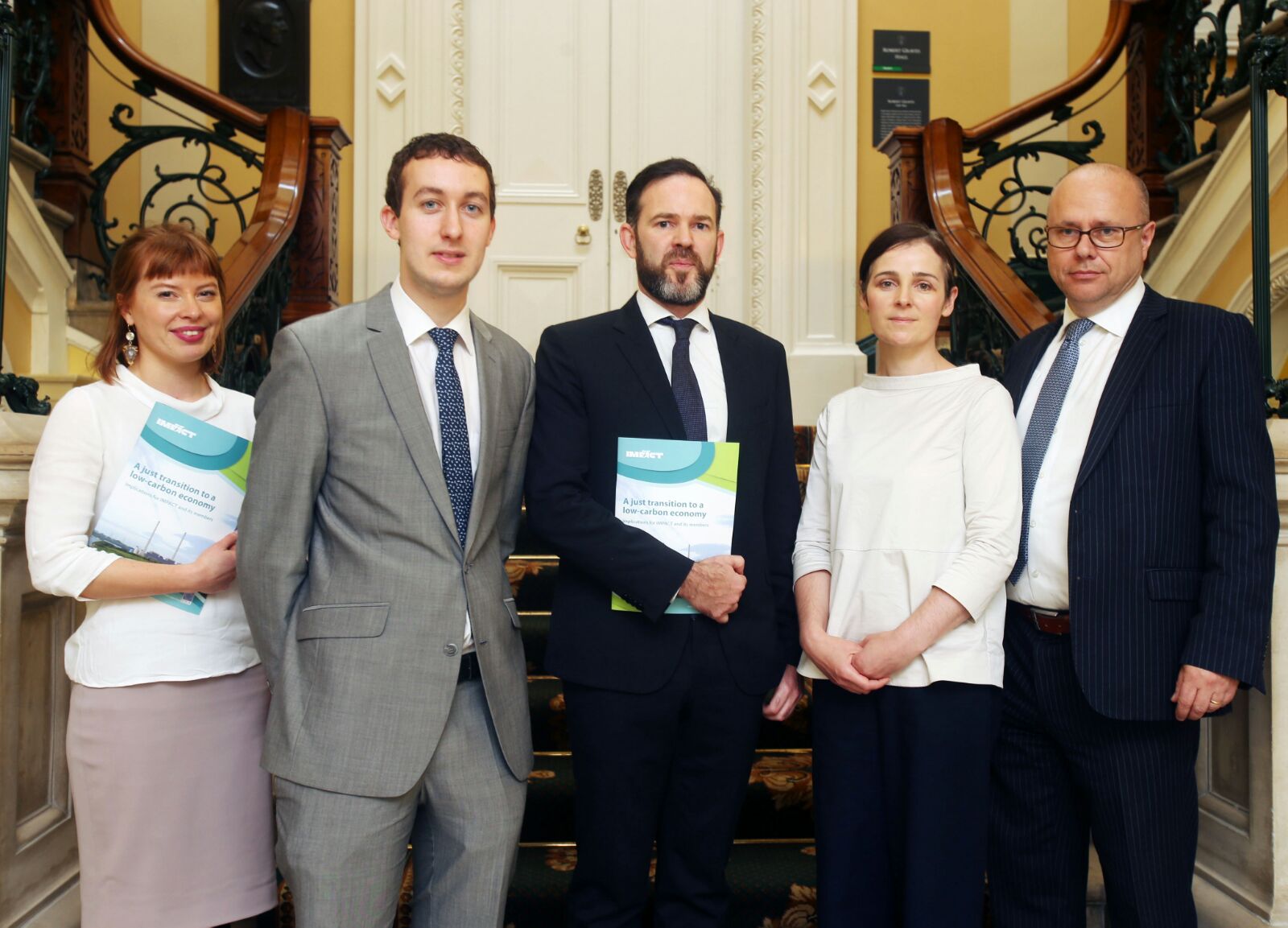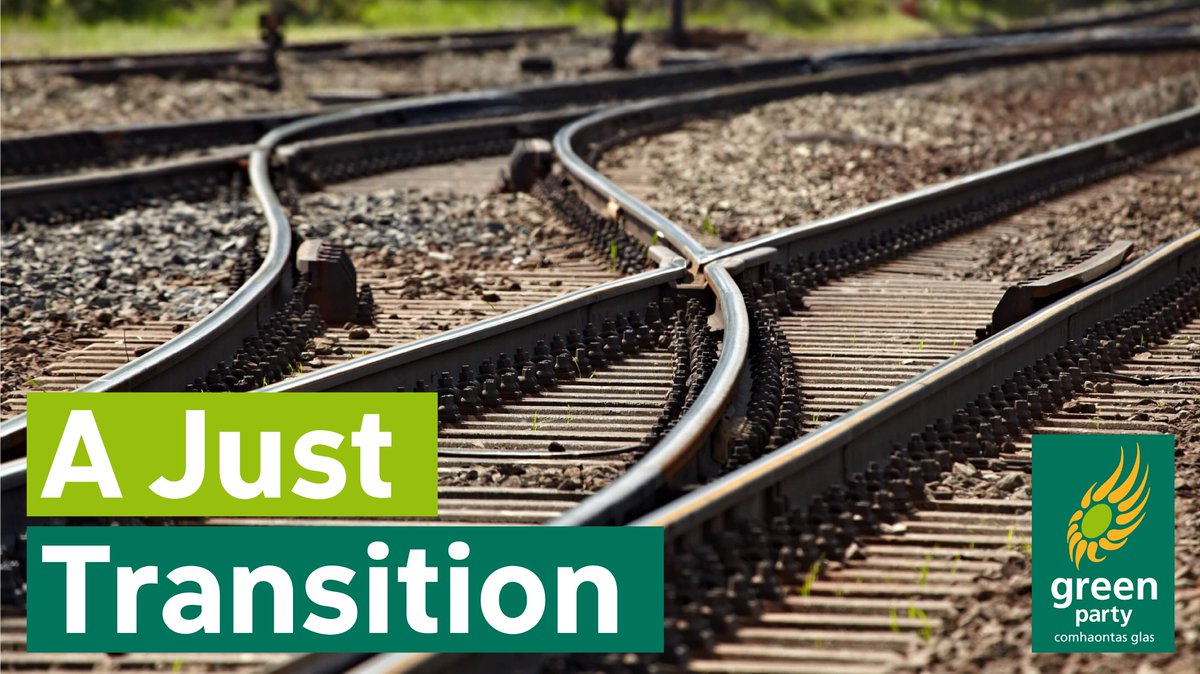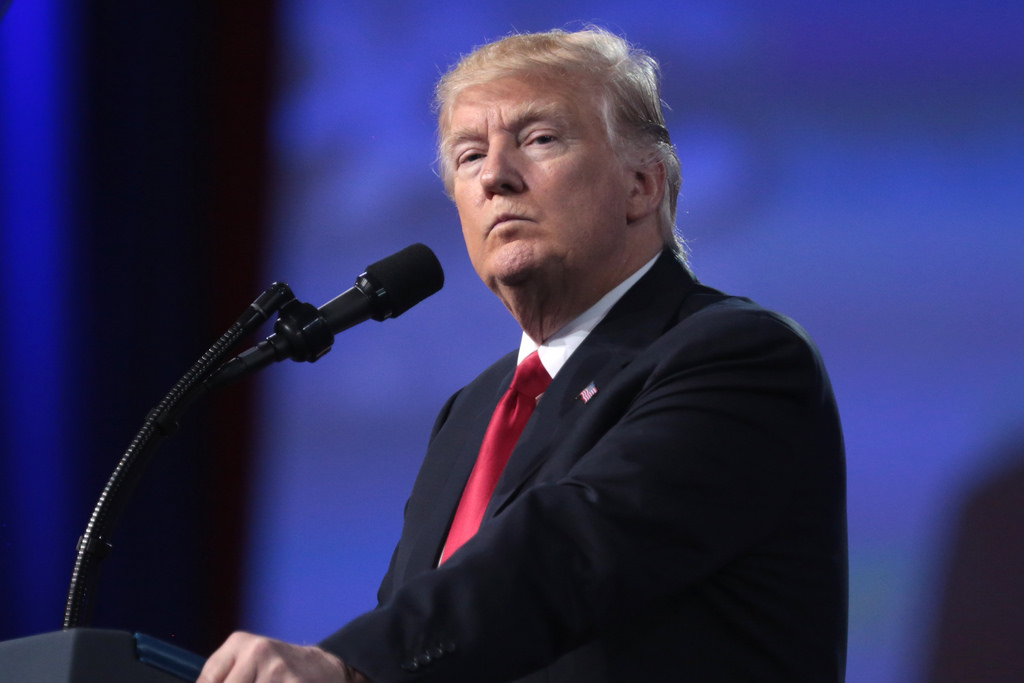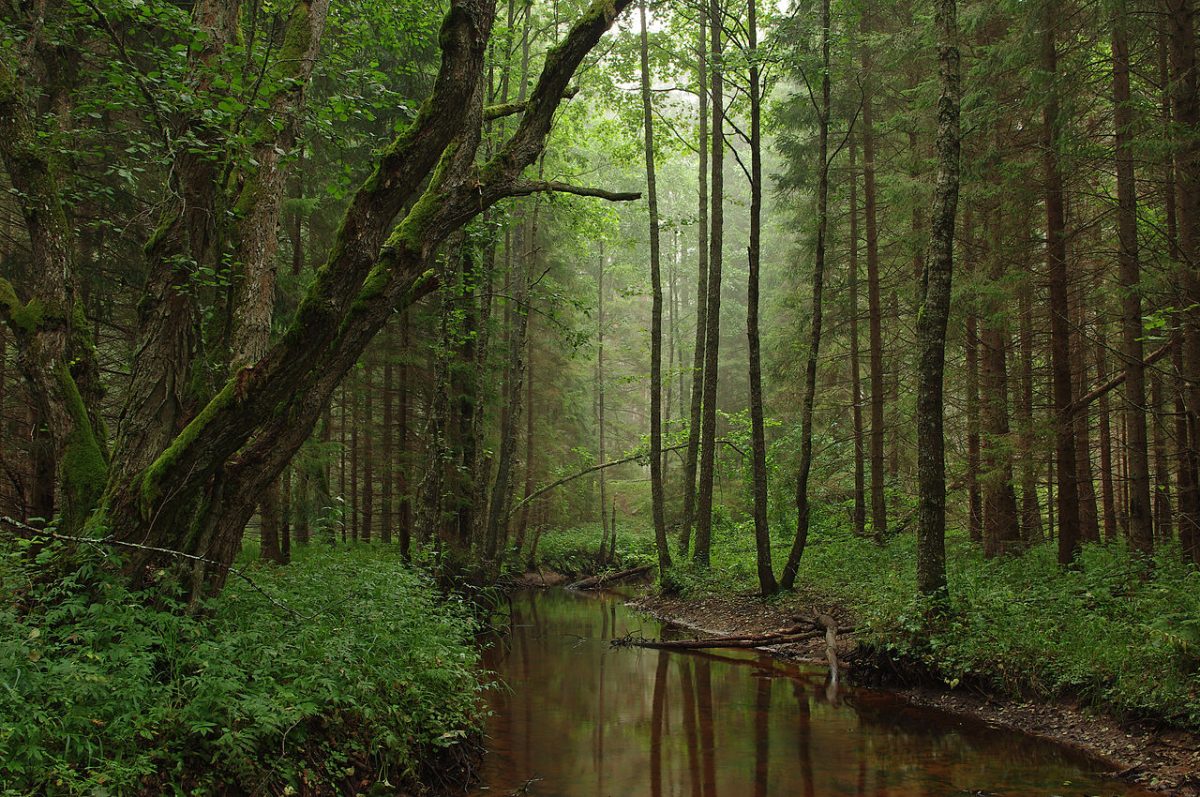European Investment Bank to cease fossil fuel funding

November 15th, 2019
The European Investment Bank (EIB) will cease to fund fossil fuel projects from 2021.
The bloc’s lending body made the landmark announcement following a colossal 11-hour meeting yesterday to bang out the finer details of its new energy lending policy.
In the future, the bank will focus on accelerating “clean energy innovation, energy efficiency and renewables” and plans to allocate €1 trillion to climate action and environmental sustainable investment between 2020 and 2030.
Only energy projects that emit less than 250g of CO2 per kilowatt hour of energy generated will qualify for funding, essentially ruling out gas plants expect those that may have carbon capture and storage technology in the future.
EIB President Werner Hoyer said the new policy marked a “quantum leap in its ambition” in addressing climate change. “We will stop financing fossil fuels and we will launch the most ambitious climate investment strategy of any public financial institution anywhere.”
Andrew McDowell, the EIB’s vice-president and former chief economic adviser to the Taoiseach during Enda Kenny’s reign, said on Twitter yesterday evening that it was a “privilege” to help steer the policy through the “most extensive consultation and negotiation in the Bank’s history”.
In July, the EIB put forward a draft of the energy lending policy that would phase out the majority of fossil fuel financing by the end of 2020 that it said reflected a decision to refocus the Bank’s resources on investments to meet the EU’s climate targets up to 2050.
Following the publication of the first draft, the EIB delayed its decision on backing the policy. The policy was expected to be voted on at the meeting of the Bank’s board in September, but the decision way delayed to October and then postponed once more to this month.
‘A first step’
Colin Roche of Friends of the Earth Europe, who has monitored the situation closely over the past months, said that the decision is a “significant victory” for the climate movement.
“Finally the world’s largest public bank has bowed to public pressure and recognised that funding for all fossil fuels must end,” he said. “Now all other banks, public and private, must follow their lead.”
Mr Roche warned, however, that the 2021 starting point is “still too late” to avoid the worst effects of climate breakdown, calling on the EIB to reject any fossil fuel projects and close existing loopholes which could allow for the continued funding of gas projects.
Projects currently under consideration for EU funding such as gas cluster projects on the Projects of Common Interest list – including Shannon LNG – could still get support if approved before the end of 2021.
Critics argue that the Shannon gas terminal would see the importation of fracked gas into Ireland from the US despite our own domestic ban on fracking due to health, water contamination, and environmental concerns.
The project is currently held up due to a legal challenge brought by Friends of the Irish Environment over planning and environmental concerns. The case was referred to the European Court of Justice last year.
Mark Trilling of Climate Action Network Europe (CAN) said the bank’s announcement was a “first step” toward becoming the EU’s climate bank as promised by the European Commission’s president-elect Ursula von der Leyen.
In order for the EIB to truly become the bloc’s climate bank, Mr Trilling said that it will need to “look beyond energy and soon adopt a climate strategy which puts climate neutrality at the heart of all its operations.”
Green Party MEP Ciaran Cuffe welcomed the decision as a “really strong statement from a key EU institution” but noted that the 2021 starting point is “disappointing” given the urgency of the climate crisis.
“In the window between now and 2022, there is scope for many large scale fossil fuel projects to be funded, which will continue to cause huge environmental damage and contribute to the very crisis we are trying to avert,” Mr Cuffe said.
His party colleague MEP Grace O’Sullivan echoed a desire for fossil fuel funding to end sooner but did see domestic potential in the decision.
“I hope that on the home front it will put a halt to the Shannon LNG project, which has to be seen for what it is – dirty and unsustainable,” Ms O’Sullivan said.
“This is about a very important acknowledgement that climate is the top issue on the political agenda of our time. But it’s more than that. Putting money into action is hugely significant. Today I feel a sense of hope,” Ms O’Sullivan added.
[x_author title=”About the Author”]







